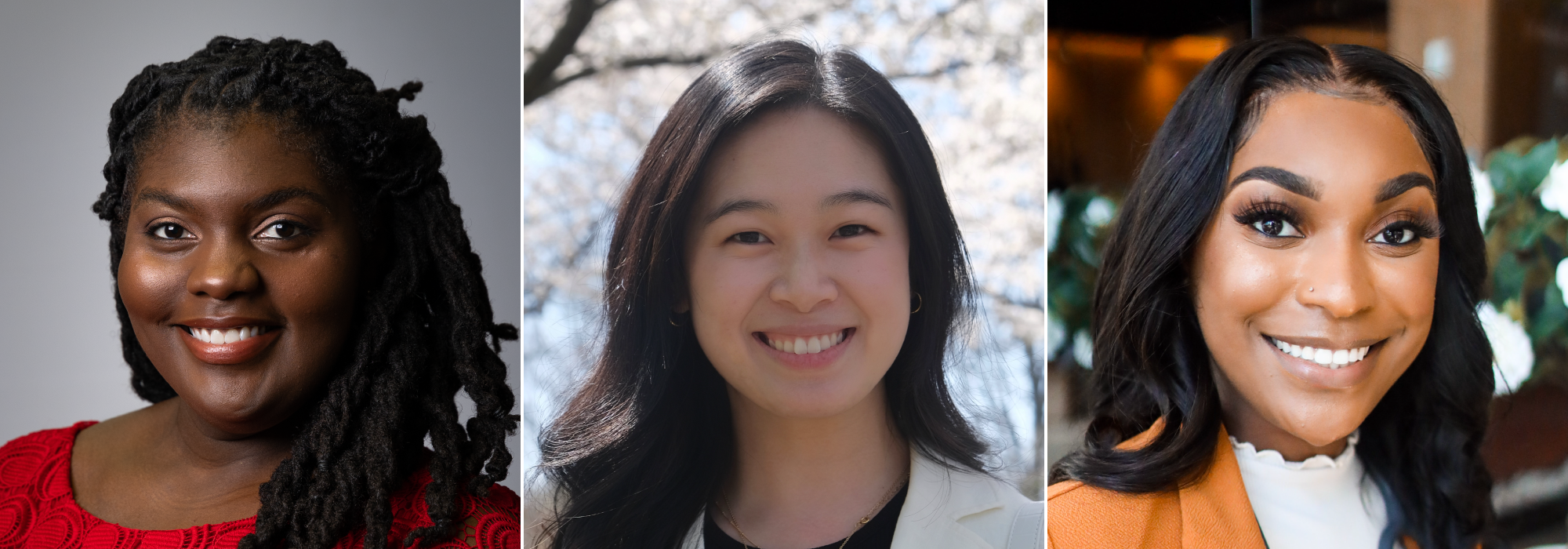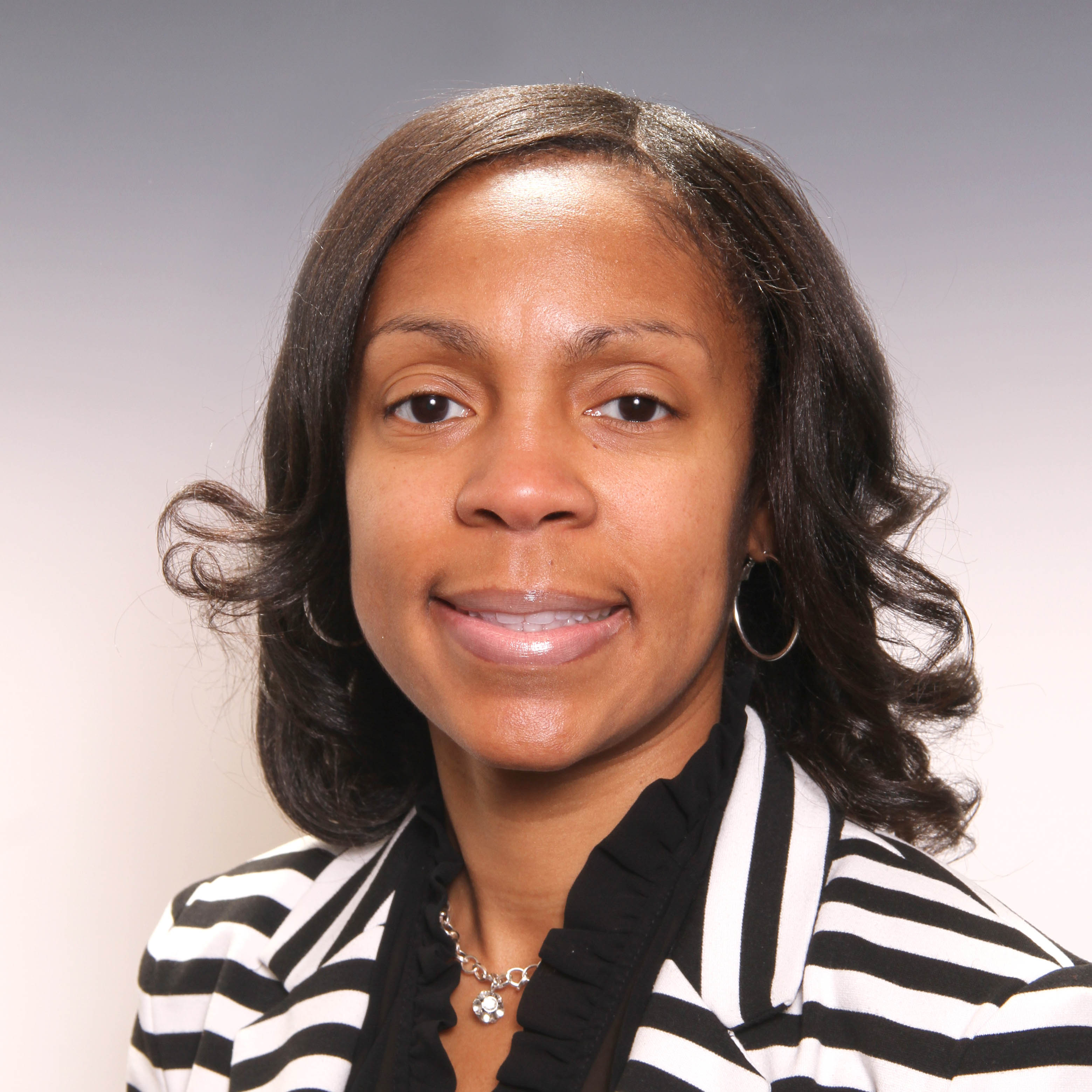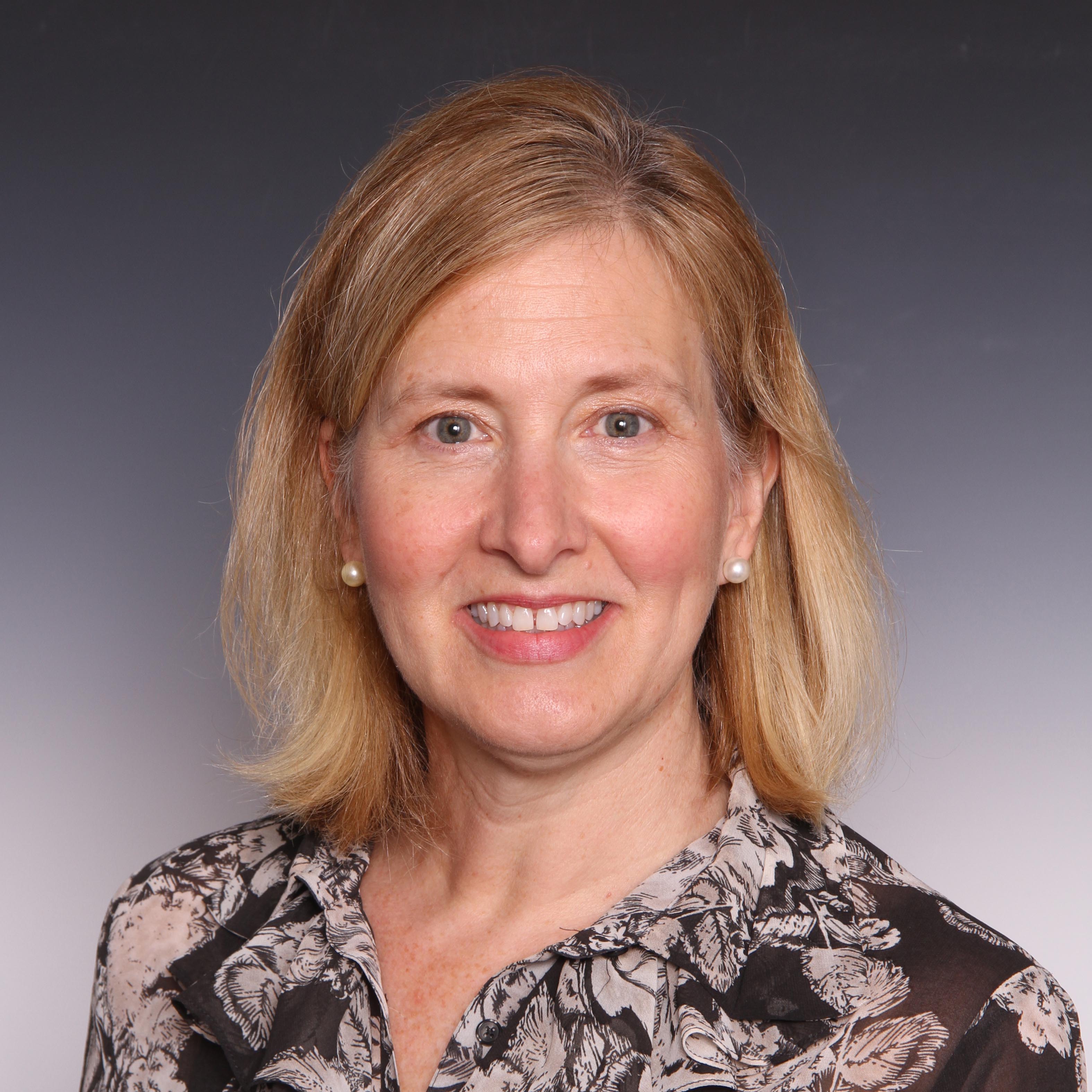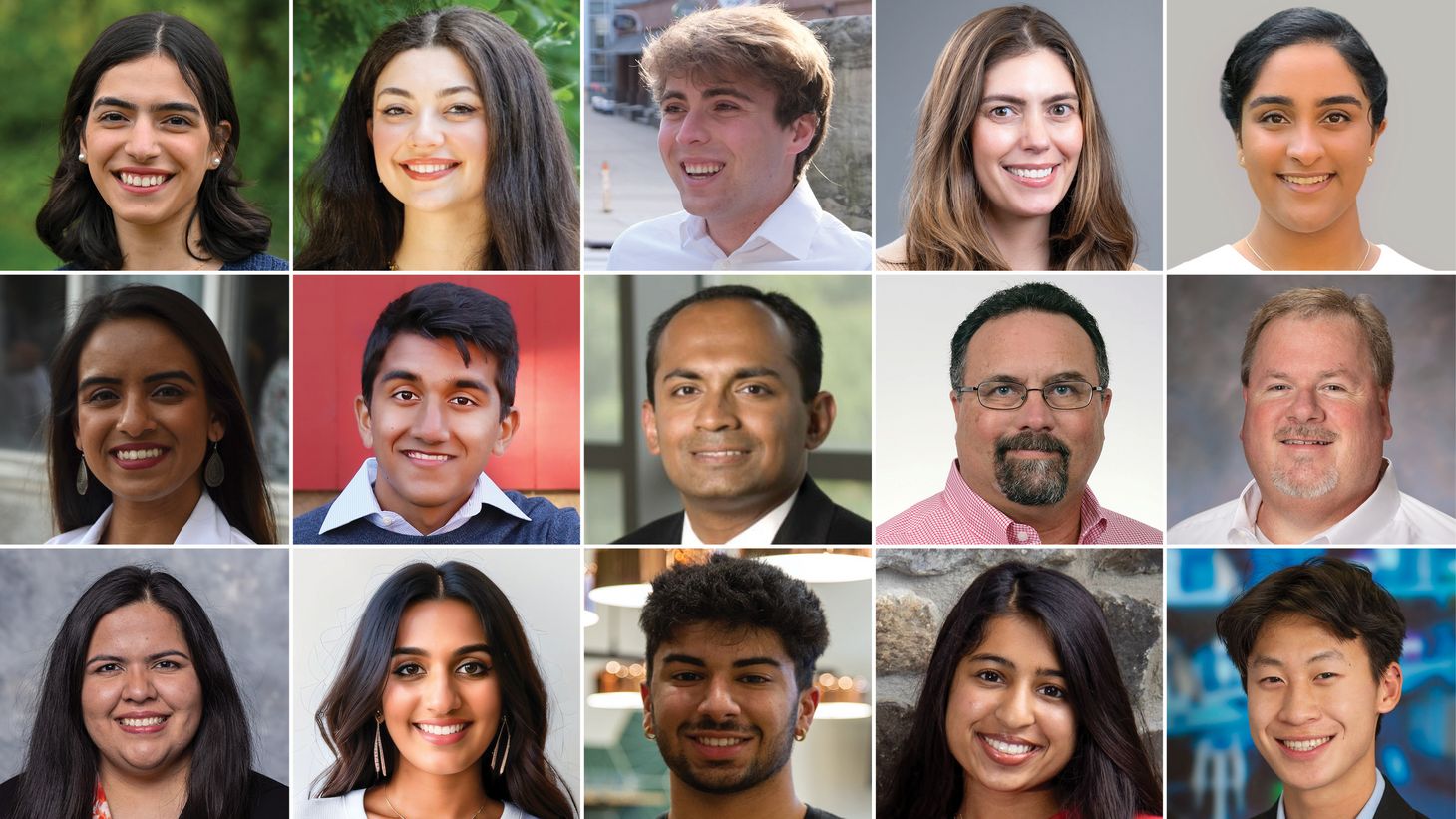
Health Equity Scholars
Improving wellness in underserved communities
by Olivia Albert
A new initiative
The new Ohio State Health Equity Scholars program announced its inaugural cohort and three from the College of Nursing have made the roster: undergraduate student Faith Metlock, graduate student Katie Hsieh and faculty mentor Timiya S. Nolan, PhD, APRN-CNP, ANP-BC.
The program aims to prepare students at the university with “advanced education and skills to guide the generation or implementation of evidence to improve health equity in our community.” A partnership among the College of Nursing, the Office of the Chief Wellness Officer and the Office of Interprofessional Practice and Education, the program is led by College of Nursing faculty Angela Alston, DNP, MPH, APRN-CNP, assistant professor of clinical nursing and chief diversity officer; and Karen Rose, PhD, MS, RN, FGSA, FAAN, professor and director of the Center for Healthy Aging, Self-Management and Complex Care.

|

|
“We’re really excited to have our inaugural cohort of Health Equity Scholars here at The Ohio State University for the 2021-2022 academic school year,” Alston said. “This group of scholars, which consists of both graduate and undergraduate students from colleges and programs across the institution, are going to work on projects that are designed to improve health equity in the communities in which we serve.”
The cohort consists of five interprofessional teams. Each team is made up of one faculty mentor and two students from different colleges. The Office of the Chief Wellness Officer funded the scholars, who receive an annual $1,500 stipend: $1,000 for personal use and $500 to be spent on project-related costs. Mentors receive an annual $3,000 stipend from the Office of Interprofessional Practice and Education.
Hsieh is working with College of Optometry graduate student Araba Otoo and faculty mentor Dean VanNasdale Jr, OD, PhD, to create animations to educate the public about the importance of vision and eye health.
Animations for vision education
The “Vision Tales” project will highlight a variety of vision topics including eye diseases, social determinants of eye health, stereotypes surrounding the blind community and the role of optometry in the management of chronic eye diseases. The team hopes to educate and empower the public by creating informative and entertaining animated videos that will be disseminated on social media. The team hopes the videos will be “funny to make it memorable and culturally appropriate to make it relatable.”
“As a recognized citizen of Taiwan and the United States, my life has been brimming with privilege,” Hsieh wrote. “Privilege to exercise free speech, privilege to ceaseless opportunities, privilege to believe in what I choose, privilege to safety, privilege to boundless education, privilege to a free life. It was not until I began my first nursing job at The Ohio State University East Hospital where I could see, clear as day, health disparities lay so bare across a community.” This work made her ask why several patients returned again and again with the same problems, despite the care they received at the hospital.
Hsieh hopes to help lead and educate the next generation in the importance of health equity. “Every human has a right to health,” she said. “It is my hope that … I can become more equipped to confront these issues and improve health outcomes in diverse populations.”
Partnering in Negative Statistics for Black Women
Undergraduate student Faith Metlock, Assistant Professor Timiya Nolan and College of Medicine graduate student Sarah Addison are developing a community-based wellness program working with the Partnering in Negative Statistics (PINS) for Black women Initiative. The PINS Initiative was created by Nolan in response to the disparities in chronic disease. As an extension of her “Black Impact” study with Joshua Joseph, MD, MPH, FAHA, and Darrell Gray II, MD, MPH, FACG, in which a community-based lifestyle intervention showed positive preliminary effects on cardiovascular health in 74 Black men, this new initiative will aim to tailor the previous wellness intervention to Black women in hopes of similar outcomes.
“We are trying to uplift Black women to empower them to better their health and doing that by providing them with existing resources, but also doing research that will help us create better resources,” Nolan said.
Metlock and Addison were on the research team for the Black 100 Impact study. Metlock said that as her mentor, Nolan opened her eyes to a lot of opportunities and completely changed her career trajectory.
“I was completely ignorant to the nurse scientist role before I met her,” Metlock said. “I was not aware of the possibilities of nurses and research, and she really opened my eyes to that. She’s just been so nurturing and supportive, really teaching me the concepts that I need to know related to research, giving me firsthand experience, introducing me to important people in our field and just being patient with me and willing to support me and whatever my passions may be.”
Nolan has served as a mentor for Addison and Metlock for two years now. She described the role of a mentor as “very intimate,” emphasizing the importance of building a relationship with the student. Mentorship is a relationship “you build in hopes of everybody’s forward movement,” she said. “I pride myself on offering opportunities for others to climb the ladder as people have done for me.”
The Health Equity Scholars program will give students the opportunity to do more than just brainstorm their ideas and ambitions, Alston said. She emphasized the importance of having structures in place for students to possibly go on to publish their findings. “Having a faculty mentor who is experienced in publication is really an asset for these students in terms of helping them to be able to not just perform these projects, but also be able to put it out into the literature for others to be able to replicate,” Alston said.
Since September, the scholars have engaged in monthly learning events while implementing their proposed projects. Events include presentations from the Helene Fuld Health Trust National Institute for Evidence-based Practice and implicit bias training from Alston. The teams will present their work at The Ohio State University National Conference on Diversity, Race and Learning in spring of 2022.
“I’m happy that our college and our university are putting funds toward an endeavor to stamp out structural racism, stamp out areas in which there are inequities with opportunities to do the work that seeks to close disparity gaps,” Nolan said. “Many hands make light work.”
In this issue
- Diane Von Ah: Solving Cancer Care Puzzles
- Faye Wattleton: Committed to Women's Health
- Amanda Parker: Finding the Light Within
- Publications with Passion
- New Grants Roundup
- Building Update
- Advancing EBP: Clinicians Dare to Dream
- Bridge Care: Denise Williams
- Student Mental Health Initiatives
- Student Life: Back to Campus
- Health Equity Scholars
- Young Alumni Blog
- Homecoming
- Connie Gallaher: Paying it Forward
- Virtual Trails

